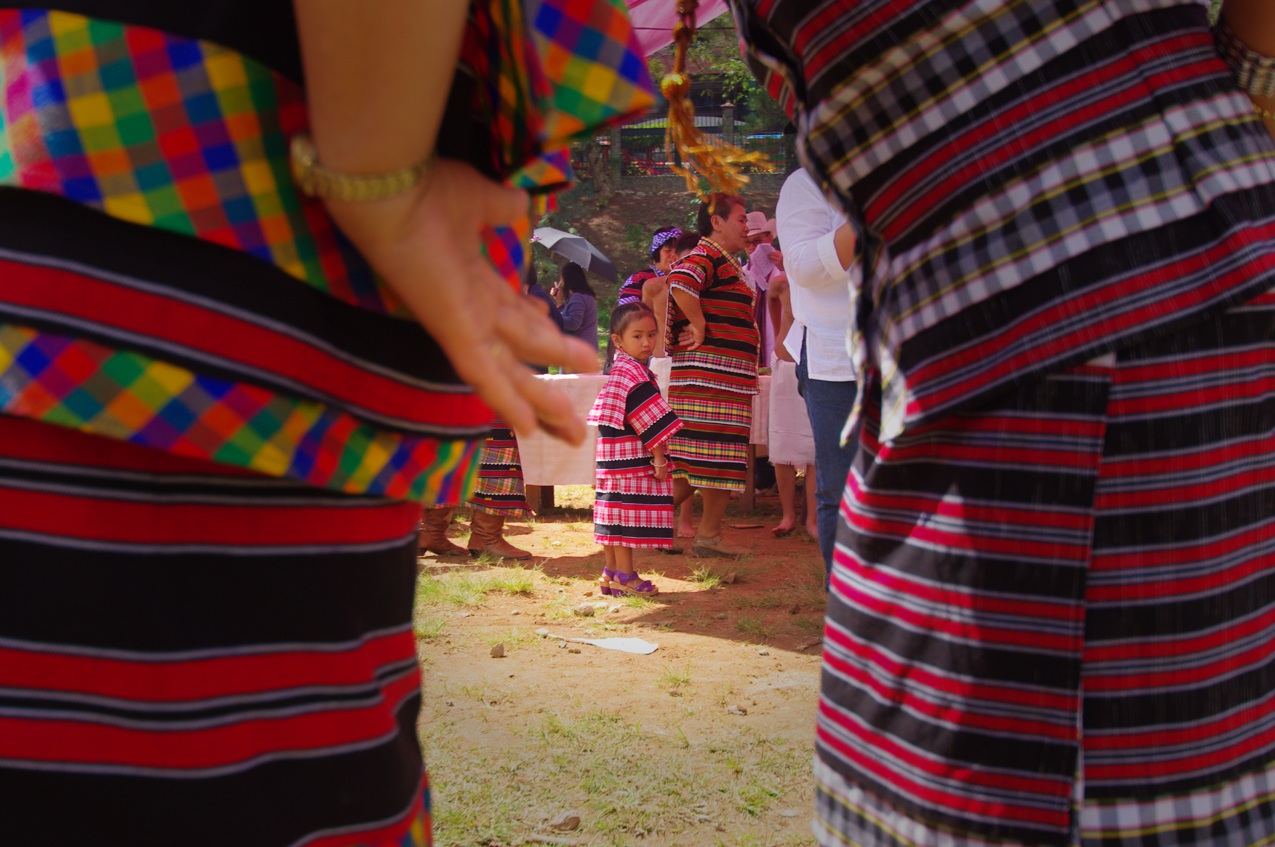
The legal debates over Ibaloy lands continue to haunt new generations of Baguio Ibaloys. PHOTO BY RICHARD BALONGLONG
BAGUIO CITY –- The Supreme Court had turned down the petitions asking it to reverse its 2019 affirmation that the summer capital was not covered by the ancestral land titling provisions of the Indigenous Peoples Rights Act of 1997 (IPRA), according to a Feb. 10 special notice transmitted to the city legal office this week.
The SC Special Second Division dismissed four motions for reconsideration regarding the tribunal’s Sept. 25, 2019 ruling, which nullified the Certificates of Ancestral Land Titles (CALT) of the heirs of Cosen Piraso and Josephine Abanag.
The petitions were filed by the National Commission on Indigenous Peoples (NCIP) and a private company, whose petition to participate as an intervenor was rejected by the Court.
The Piraso and Abanag CALT were among the five controversial Ibaloy titles questioned by the Baguio government for encroaching into public parks, the city’s oldest hotel, government reservations, and a portion of the presidential Mansion.
An internal investigation conducted in 2015 by NCIP uncovered anomalies in the 2010 issuances of CALT, which included the Piraso and Abanag titles.
The 2019 decision was penned by former acting Chief Justice Antonio Carpio before he retired.
In that decision, the Court said the titles granted to the Abanag and Piraso families were void because the NCIP had no legal authority to issue CALT or CADT (Certificates of Ancestral Domain Titles) within Baguio’s townsite reservation, as stipulated by Section 78 of the IPRA (Republic Act No. 8371).
This provision states that Baguio would continue to be governed by its 1909 Charter, and would have control over its townsite lands unless these properties are “reclassified by appropriate legislation.”
The High Court says Ibaloys may acquire a title for “prior land rights and titles recognized and acquired through any judicial, administrative or other processes before the effectivity of the IPRA and territories after the effectivity of the IPRA.”
But it says none of these processes apply to the land claims of the Abanag and Piraso clans.
The city’s Ibaloy community had objected to the decision because of its impact on all ancestral land claims.
The 1909 judicial recognition of the “Native Title” of Ibaloy herdsman Mateo Cariño inside what is now Camp John Hay here was one of the legal foundations for IPRA and provisions of the 1987 Constitution that recognizes and protects indigenous Filipino rights.